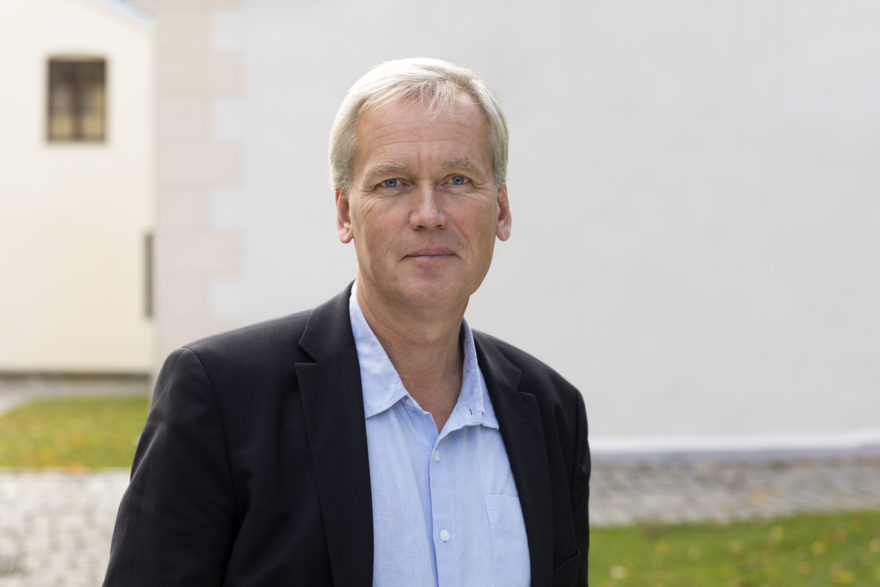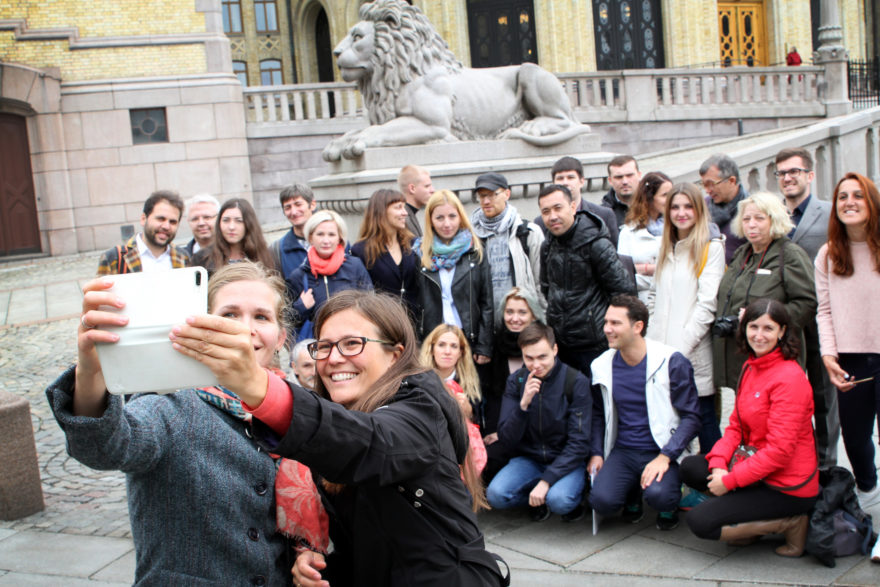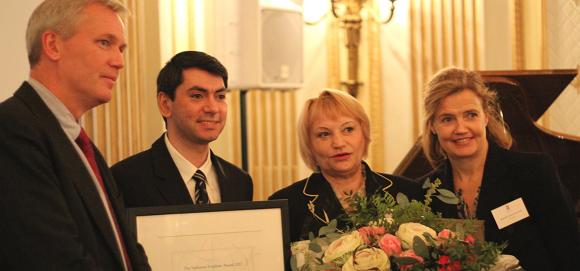– Independent election monitoring is a pillar of a democratic society. GOLOS is in the forefront internationally with their expertise, says NHC Secretary General Bjørn Engesland. The continued harassment of this independent non-governmental organisation in Russia is unacceptable in a state that calls itself democratic.

The so-called documentary screened by NTV Friday afternoon is already the sixth in row of programs aimed at delegitimizing the activities of GOLOS. Its associates have been subject to continued harassment by NTV crews over several years. Their offers to sit down for planned interviews rather than whilst walking or checking in for a flight are cut out from the program. Family members are also approached by the NTV crews, who frighten even children and retired parents of GOLOS associates.
The associates of GOLOS have the right to a family life and privacy and are protected as human rights defenders. The TV programs serve as a popularised outlet for the already restrictive legislation in place complicating the work of non-governmental organisations through the Foreign Agent legislation, criminalising contact with international partners through the International Undesirable Organisations legislation, and hindering independent election monitoring in polling stations through undue regulations.
– The main purpose of the program seems to be to create doubts about the motives of GOLOS in the eyes of the average Russian citizen in advance of the upcoming unified election day on Sunday. It makes the argument that GOLOS is paid and controlled from abroad, says Engesland. In fact, there is nothing more patriotic than observing whether elections are free and fair.
Timing no coincidence
On Sunday 9 September, there are local elections in 43 different subjects of the Russian Federation where there is a lot at stake for candidates in terms of regional power and economic benefits. There are elections on candidates to local and regional assemblies, supplementary elections to the state duma, and direct elections on the supreme leader of 22 subjects, including the mayor of Moscow.
GOLOS is planning large scale monitoring over the whole country.
–It is not a coincidence that the program is released only two days prior to elections when observers are preparing to enter the polling stations where members of election commissions and voters are likely to have watched the derogatory program, explains Engesland.
GOLOS monitors not only voting day itself, but the whole election cycle, including campaign financing, registration and handling of complaints.
In a thorough report launched on 10 August, they criticised, in particular, the procedure of so-called “municipal filter”, where candidates need to get signatures of support from existing members of the municipality before they can be approved for registration. As most current members of municipality bodies are United Russia Party affiliates, it is hard for independent candidates or candidates from opposition parties to secure enough signatures.

International monitoring
GOLOS has a wide network of volunteers over the whole country and enjoy great respect in society. Their work is important domestically as well as internationally. It is a founding board member of the European Platform for Democratic Elections (EPDE), a network of election observation organisations from all over Europe. The joint election monitoring missions to various European countries are coordinated by a Secretariat in Germany, whereas decisions are made in the board.
The assessments of GOLOS observers as part of these joint election monitoring missions have played important roles in Armenia, Ukraine and Norway to mention some. The NHC has invited election observers from EPDE to monitor the Norwegian parliamentary elections on four occasions, and important changes in legislation have taken place due to input from GOLOS and colleagues from other former Soviet countries.
In 2012 GOLOS received the NHC Andrei Sakharov Freedom Award, and it is also a laureate of several other awards acknowledging the organization’s high quality work.
